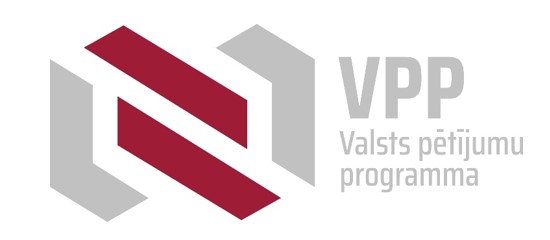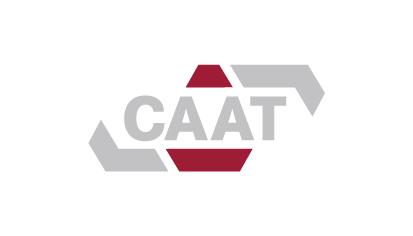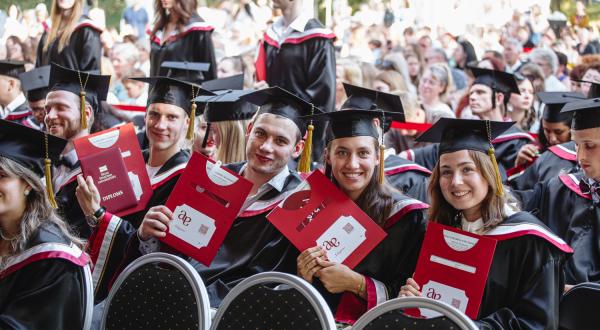RSU and RTU researchers developing computerised method for diagnosing young people's mental health
In recent years, facing global crises such as the pandemic, ongoing wars, climate change, and other transformations, the number of young people experiencing various mental health issues— including anxiety and depression—has increased both in Latvia and worldwide. A research team from Riga Stradiņš University (RSU) and Riga Technical University (RTU) is collaborating on a National Research Programme (NRP) project to better understand youth mental health post-pandemic. The team is developing a new computerised method aimed at assessing the mental health indicators of Latvian adolescents and young people aged 13 to 19.

Photo: Courtesy of Shutterstock.com
The project’s manager, Associate Professor and Doctor of Medicine Ainārs Stepens, explains that the national objective of the study is to assess the mental health of young people in Latvia. The task is to evaluate both adolescents and young people experiencing mental health difficulties, as well as the general population aged 13 to 19, in order to provide an overview of the overall mental health profile of Latvian youth. But how can this be measured?
Until now, there has been no suitable tool, no psychometric instrument capable of measuring various parameters while also being adapted to Latvia’s cultural context.
Therefore, the second goal of the study, and its scientific and practical challenge, is to develop an instrument that enables the assessment of adolescent and youth mental health. Moreover, the instrument must be suitable for adolescents and young people.
In the psychometric (test) section of the instrument, statements have been predefined based on specific criteria, following guidelines for test and instrument development. The test will include one section on personality and another on psychological symptoms.
The scientific and practical aspect of the instrument highly values the role of RTU in helping to implement the test in a digital format, something that is more intuitive for young people today. This is not merely a transfer of data into digital form, but also incorporates innovative solutions. The new computerised assessment system will also measure psychophysiological parameters such as speed of decision-making, the pressure applied when pressing the response button, and other factors. This is considered an innovation in psychological testing not only in Latvia but globally.
To ensure the test can be effectively used in Latvia, it will be standardised. For this purpose,
researchers will collaborate with schools, which will involve approximately 1,000 adolescents and young people who have not been previously diagnosed with mental health difficulties.
Doctor of Engineering Sciences and Lead Researcher Ingars Steiks from RTU reveals that new ideas continue to emerge throughout the project’s implementation, and the initial concept is constantly being refined:
‘We identify additional parameters, thoughts, and types of data that can still be recorded. As we collect data, we analyse correlations using developed algorithms. We also involve students—they assist in developing technical solutions.’
The entire team agrees that gaining a clearer understanding of the overall psycho-emotional health situation of adolescents and young people will help identify the best ways to provide support and recommendations. Without understanding the challenges faced by adolescents and young people—their severity, symptom combinations—it becomes more difficult to apply appropriate psychological support interventions.
Evidence from The Adolescent Resource Centre (Pusaudžu resursu centrs, PRC) shows that offering more tailored support changes the profile of service recipients. Previously, around 70% of those seeking support were girls and 30% were boys, which aligns with global statistics. However, in 2023, this trend shifted, with an increasing number of boys seeking help. PRC Chairperson Liene Dambiņa explains: ‘I don’t think this shift is due to changes in the prevalence of mental health difficulties among the population. Rather, it is related to the design and accessibility of our services—they are becoming more understandable and acceptable for boys. For example, dialectical behaviour therapy (DBT), which we offer, is particularly beneficial for them. And that’s great! At the same time, we now have a better opportunity to understand boys' challenges more deeply.
Previously, at PRC, we collected data on our service users—young people and their families—to identify risk factors, family situations, and which groups tend to discontinue services.
The RSU and RTU research project will help us understand what is happening in the general population. As a result, we will be able to offer timely support not only to adolescents and young people but also to their families and school environments—to improve the situation more effectively.’
The computerised assessment system will also benefit professionals in their daily work, enabling them to evaluate adolescents' and young people’s mental health in a timely, modern, and innovative way. This will be done using a standardised instrument in Latvia, following best practices for test application.
More information about the currently known indicators of adolescent mental health and potential contributing factors can be found in the full article in Latvian, available in the "RSU Zinātnes ekspresis" section on the LSM portal.
Read more on LSM.lv (in Latvian)
The National Research Programme is a government commission for conducting scientific research in a field that is a priority for the country. The goal is to generate new knowledge, skills, and innovations. It supports both high-quality fundamental research and policymakers, providing research-based recommendations to improve policy development.

The project Development of a new computer-assisted assessment tool for measuring and monitoring mental health outcomes of adolescents in the context of the post-COVID pandemic (VPP-VM-Sabiedrības_Veselība-2023/6-0002) is funded by the Ministry of Health's National Research Programme in the field of Public Health. The project competition is organised and implemented by the Latvian Council of Science, ensuring external international expertise in project evaluation and administering the programme. The project will last until the end of 2025.

Related news
 RSU Alumni Association reflects on 2025 – a diverse, productive, and community-driven year RSU Alumni, For Students
RSU Alumni Association reflects on 2025 – a diverse, productive, and community-driven year RSU Alumni, For Students


